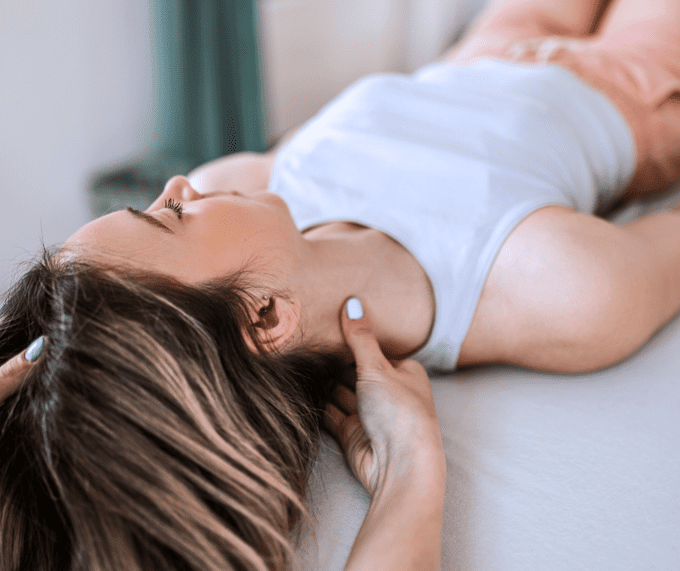Physical Therapy for Vertigo and Balance Problems
Understanding Dizziness, Vertigo, and Balance Disorders
Dizziness, vertigo, and balance disorders are complex conditions that can greatly impact an individual’s quality of life. The term “dizziness” encompasses various sensations, including lightheadedness, unsteadiness, and faintness. In contrast, vertigo refers to a specific type of dizziness characterized by a false sense of spinning or movement, often related to problems in the inner ear. Balance disorders involve difficulties in maintaining stability and spatial orientation, resulting in frequent falls or challenges with everyday tasks. These conditions can stem from several causes, such as benign paroxysmal positional vertigo (BPPV), vestibular neuritis, Meniere’s disease, head injuries, migraines, or chronic illnesses like diabetes and cardiovascular disorders. Aging significantly contributes to these issues, as it affects the inner ear and sensory systems, and conditions like Parkinson’s disease can also play a role. Symptoms may range from mild discomfort to severe episodes, often accompanied by nausea, blurred vision, headaches, or a sensation of ringing in the ears (tinnitus).


Fall Prevention and Balance Program
Our licensed therapists specialize in treating various balance and vertigo disorders. We offer a comprehensive training program designed to enhance balance, improve gait mechanics, build muscle strength, and increase flexibility.
- Vestibular Rehabilitation Therapy (VRT): This specialized therapy focuses on retraining the brain to adapt to vestibular dysfunction. Patients engage in exercises challenging their gaze stability, postural control, and balance.
- Canalith Repositioning Maneuvers: For BPPV, techniques such as the Epley maneuver reposition displaced crystals in the inner ear, alleviating vertigo symptoms.
- Balance and Coordination Exercises: Therapists utilize tasks that enhance the interaction between vision, inner ear signals, and proprioception (body awareness), such as standing on one leg or walking in a straight line.
- Strengthening Exercises: Weak muscles can worsen balance problems. Strengthening the legs, core, and back can enhance overall stability.
Frequently Asked Questions About Vertigo and Balance Problems
What is vertigo, and how is it different from dizziness?
Vertigo is a specific type of dizziness that feels like the room is spinning or you are moving when you’re not. Unlike general dizziness, which may include lightheadedness or unsteadiness, vertigo typically results from issues in the inner ear or vestibular system.
What causes vertigo and balance problems?
Can physical therapy help with vertigo and balance issues?
How do I know if my dizziness is coming from my inner ear?
How long does it take to recover from vertigo with physical therapy?
Can anxiety or stress cause balance problems?
Is vertigo a sign of something serious?

Start Your Journey to Recovery
Whether addressing the motor symptoms of Parkinson’s or the sensory disruptions of vertigo, physical therapy remains an essential component of a comprehensive care strategy, helping patients step confidently into a more balanced life.
